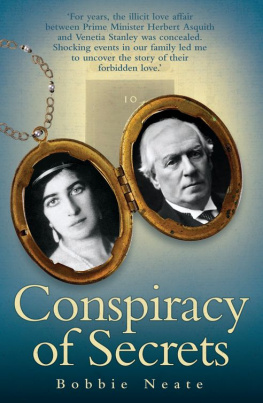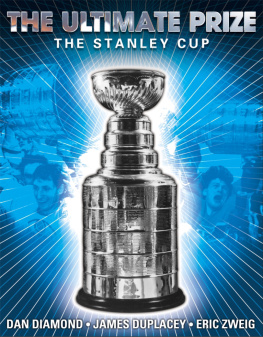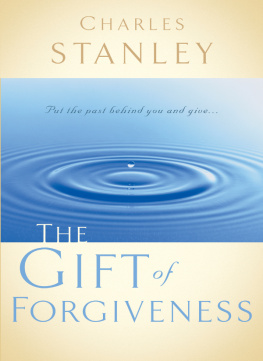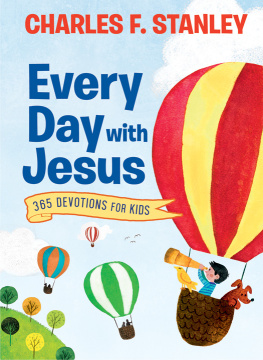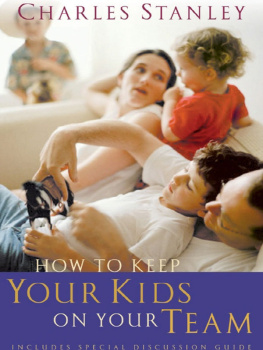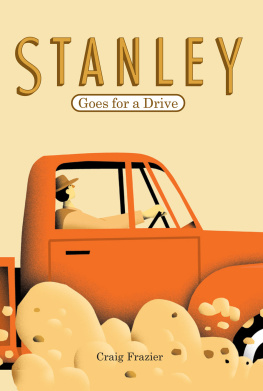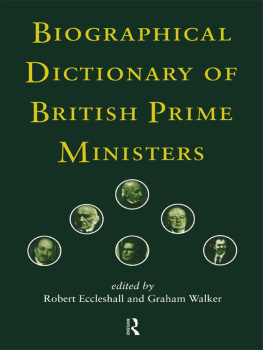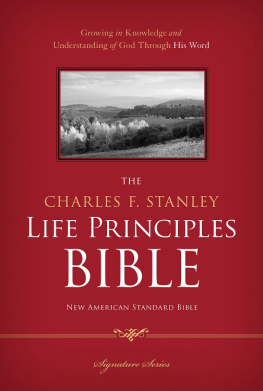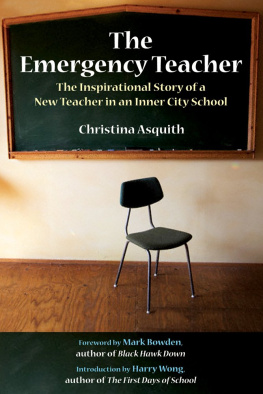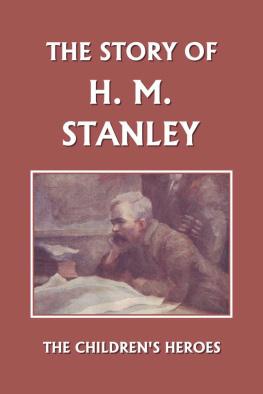Fond memories of my mother urged me to clamber over what seemed like Herculean mountains in order to achieve my aim of redressing the past. I like to believe she would have been proud of my efforts. As family was of deep significance to her, I believe, she would have liked to be remembered as Jean Owen, which was her maiden name.
Perhaps all detectives learn their curiosity in childhood and remain absorbed in the past.
N ames have always fascinated me. I dont know why. Was it because at each family mealtime Louis Stanley, my stepfather, had acquired another famous individual to add to his elite social circle? To my childish ears each celebrity appeared to have a strange sounding name. Fancy being landed with the name Aga Khan or Beaverbrook? I teased myself with the images the names invoked as I sat at the kitchen table bored with adult conversations. Or did I have a fascination with names because my own surname had been summarily dismissed. Nobody ever explained and I was too fearful to ask why I used to be at the top of the school register and then suddenly to my utter dismay, my position plummeted to the nether reaches of the roll call. However my childhood fascination with nomenclature was to help solve an intriguing adult mystery.
Lurking in my childhood were suspicions. What was I uneasy about? I dont know. There had always been mysteries. Things I knew not. Things that were not to be asked. The mantra of childhood was never to question, and slowly this secrecy drifted into my maturity; but there always lurked those dark suspicions. Suspicions too deep to raise, too disturbing to examine. So why disturb the calm? Little did I know when I was five that fifty years later I would be forced to confront my fears and start delving into the lives of others.
The event that sparked my change of mood was my mothers deep stroke when she was nearly ninety. At this juncture in my life, my stepfather began to act bizarrely. His unsettling behaviour compelled me to enter into the labyrinth of secrets and conspiracies, which were so carefully concealed for one hundred years. I had to ride the pain of reconsidering my early home life, and it was not until I started asking questions that I had confirmation about my parentage.
My mother divorced my father, an Anglican vicar, in 1955. At that time, and unbeknown to me, the divorce was a cause clbre and even featured in the tabloid press. In May of the same year, my mother remarried and her new husband, and our stepfather, was Louis Stanley. He had previously been known to us as Uncle Louis.
I was the youngest child and must have unwittingly absorbed sufficient clues to initiate my truth-seeking voyage. Once afloat, I retrieved the two most vital titbits my stepfather had accidentally divulged about his past. These clues dangled tantalisingly in front of me as I steered myself through a storm that blasted away the scales that once covered my childhood eyes, enabling me to see my port of call with a more detached heart. My first job was to recall Stepfathers words to us all as I sat teetering on a tiny stool at the kitchen table. Family talk about his two female relatives, which my stepfather had been so quick to persuade my mother to house, added fuel to my search.
As I made progress with my sleuthing I applied more rigour to my reading. Intrigue was not enough, nor were my childhood memories. They needed to be fused with historical data. There was no one particular detail that helped my conjectures. It was an accumulation of minute pieces of evidence particulars that were inconsequential to those who had not lived in the same house as this devious man. There was no decisive paper trail, no one piece of research, just numerous connected suppositions. Some historical facts were of immediate relevance to my conjectures while others appeared immaterial. Each time I filled one section of my puzzle I had to revisit the paperwork as a place, a date or a political name that I had previously ignored now became uppermost in my mind. Each step, rather than helping me progress, pushed me into another trail of discovery and yet another list of names and potential clues.
Years previously, when I had first spotted a photograph of Prime Minister H. H. Asquith, I was hit with unease. There I saw a man who looked just like my stepfather. The images were so powerful that I was never going to forget them. How fortunate it was that father and son were so alike. It is not always so. Historians of the 1980s knew Herbert Henry Asquith had been close friends with Venetia Stanley, but because of the age differences they speculated it was an unconsummated affair. They made no conjectures about a lovechild. It was our unusual and distasteful upbringing that allowed me to prise open the conspiracy of secrets and remove them from the political safe.
When I started writing I had no idea that this tale would develop into my own personal detective story and a whole lot more. Questions from childhood emerged sleepily from the deep recesses of my brain and then gathered pace as each piece of my genealogical jigsaw took on new meanings. My sleuthing and investigative work dragged me down into a shadowy scheming world.
Just as in other spheres of detective work, my journey raised many questions. I can provide a satisfying explanation for some but for others there are no neat answers. At times my solutions are not the only possible ones and, as so often happens in research, as soon as one question is answered another arises. So you, my reader, might like to surmise possible solutions to my many imponderables, since, in my view, the loose ends only add to the mystery. Even now after all my efforts to place my story on paper I still find parts of the tale barely credible.
I was miserable. My mother had died. Her funeral had been on Friday, and now, on this cloudy Monday in July 2002, was her interment. For a brief moment I allowed childhood memories to come flooding back as I approached Sutton Coldfields Cemetery Road. I saw myself huddled in the back seat of the Morris Oxford estate car, with its distinctive yellow slats of wood dividing the doors and windows from the pale-green chassis. It was a large vehicle for the 1950s but it soon became too small for four children and a poodle, dachshund and terrier as our growing legs took up more of the available space under the back seat of the car.
Mum would, of course, be driving. Stepfather never drove. In my recollections, my three older siblings had left for boarding school and I, as the only child left at home, was alone on the back seat. Beside me sat the handsome wreath that Mum had organised. On each anniversary of the death of her mother, father and younger brother I accompanied her on her pilgrimage to the family grave. It was my job at the age of seven or eight to stop the wreath falling to the floor if she braked hard. Woe betide me if my stepfather spotted I had failed in my duties and it had slipped from its position!
The previous day she had been on the phone, sitting in her usual position: leaning on her left elbow, the phone pressed to her ear while she allowed the pen in her right hand to doodle on the notepad. She knew all about the florists home life, just as she knew all the triumphs and disappointments of her favourite shopkeepers. As with everything else to do with her family, she gave the floral arrangement a great deal of care and attention. The end result was always an unusual but fitting tribute.
As we approached the cemetery Stepfather put on his supportive-husband act: deferential, courteous and speaking in quiet tones. Mum would reply with subdued remarks about her dearly departed family. She would recall vivid memories of her graceful mother and her talented dad. He was an engineer who built a thriving company that supplied car parts to the motor industry and died when my mother was only 17. He passed away so young that he achieved hero status within family folklore. Whatever time of year, the churchyard custodian stood waiting to greet us beside the lychgate, brush or fork in hand, ready to sweep leaves or to pull out any brave weed that dared to encroach on one of his paths.

